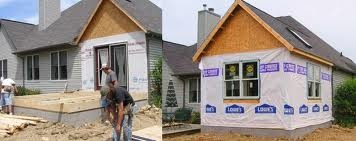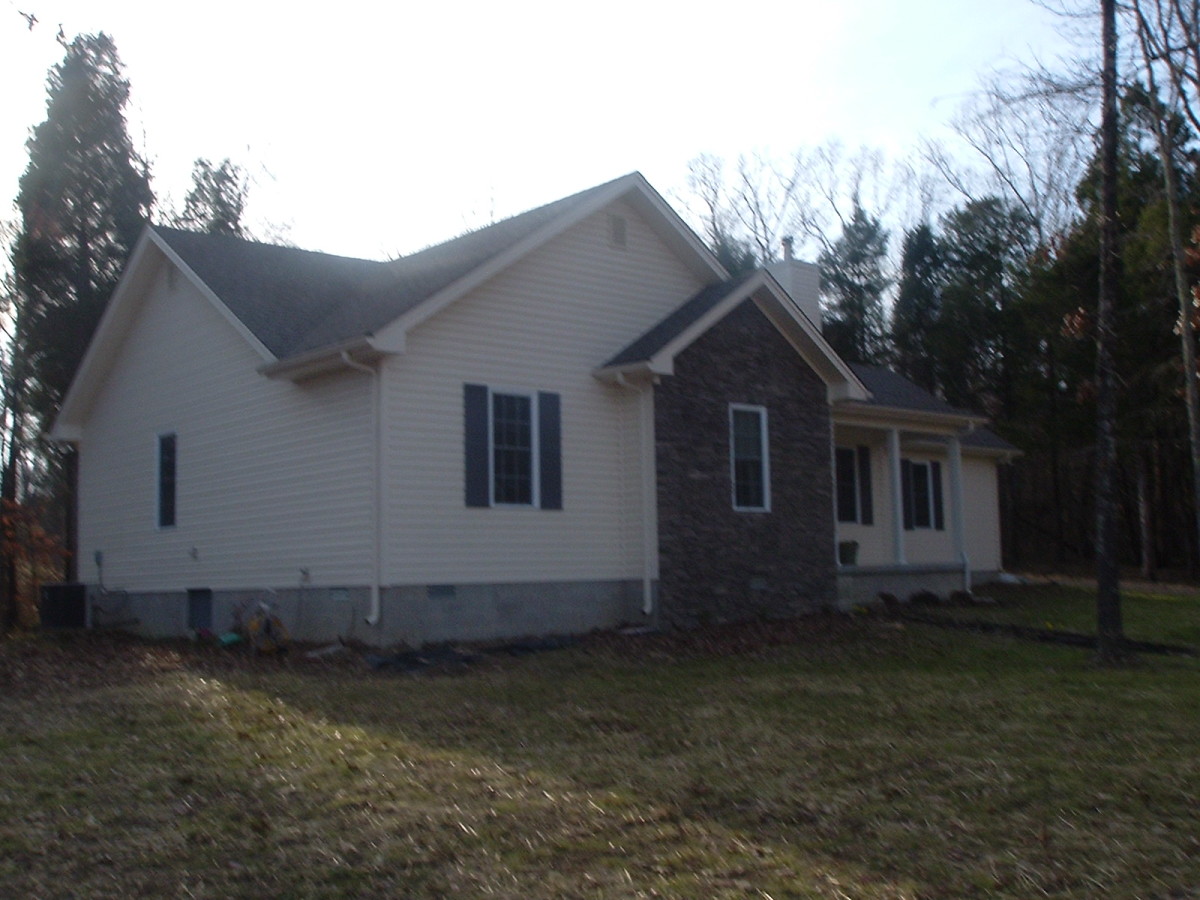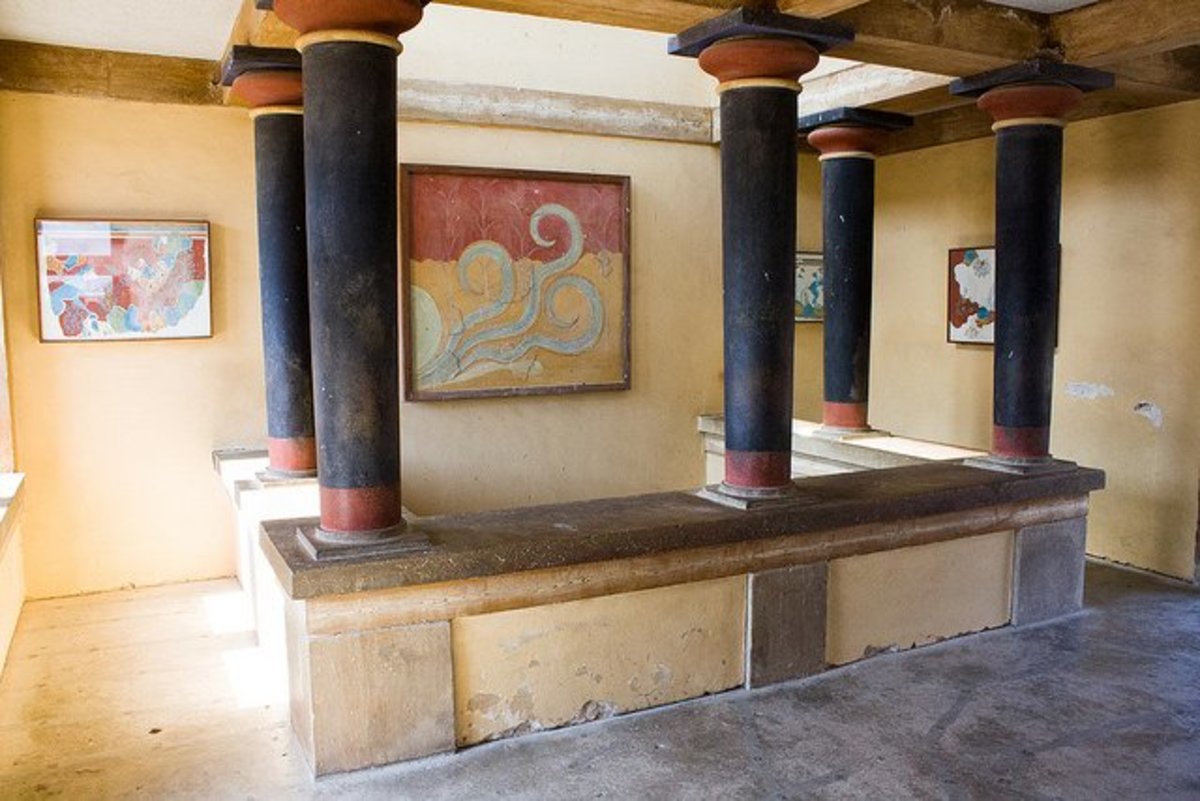Things to Consider Before You Build an Addition on a House.
Things to Consider Before You Build an Addition on a House

When building an addition, detailed planning is vital to have it go well. What things need to be considered? Should you hire a contractor for part or all of the job?
Things to Consider Before You Build an Addition on a House
Steps
List the dimensions and purpose of the addition.
Check the local zoning requirements, community or subdivision rules, and the lay of the land around your home to determine what kind of addition to make. For example, there may not be enough space between your house and the boundary line to add on to the side so you may need to add a second floor.
The addition needs to match the rest of the house. An ugly addition can lower the value of your house and make it harder to sell. It should match the house's style. Differences should be clearly intentional, not just a poor imitation. The roof should normally match and connect to the existing one. Consider how the windows will match or line up with existing ones.
Make sure the house flows. You don't want to have to go through a bedroom or bathroom to get to your new family room.
Decide which way to expand: add a rectangular room to the side or end of the house, a wrap-around that goes around the corner or end of the house, extend the whole side or end of the house, add a dormer to the roof, or add a room over the garage
Get a building permit. The building department will likely require multiple views, such as floor plan, cross sectional, material specifications, foundation, and more. You'll likely need an architect to design your addition and make the required drawings.
Your local building department may have design suggestions for environmental issues such as heavy snow, hurricanes, or earthquakes.
Things to Consider Before You Build an Addition on a House
Tips & Warnings
A general contractor can oversee the whole project and sub-contract to others for the work. If you take this on yourself you'll need to make sure you understand and meet code requirements, which includes inspections at various points during construction. Think about whether specialized equipment or experience will be needed for things like excavating, concrete work, ceramic tile, etc. Get a quotation from a professional even if you plan to do the work yourself. They may get the materials much cheaper and can likely do the work much faster. Get more than one bid for the labor and materials and check the terms carefully. It should state that the contractor will provide lien wavers showing that the suppliers and subcontractors have been paid. Check the Better Business Bureau (www.bbb.org) for complaints before choosing a contractor. You can also find building permits for similar jobs at the building department and call the homeowners for references about their contractors. The building department can tell you if contractors are required to have a license, certification, or a bond in case of bankruptcy. The contractor should be able to show proof that they have workermen's compensation and liability insurance.









